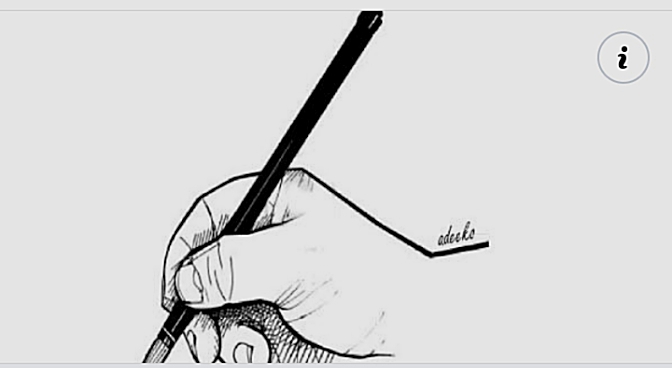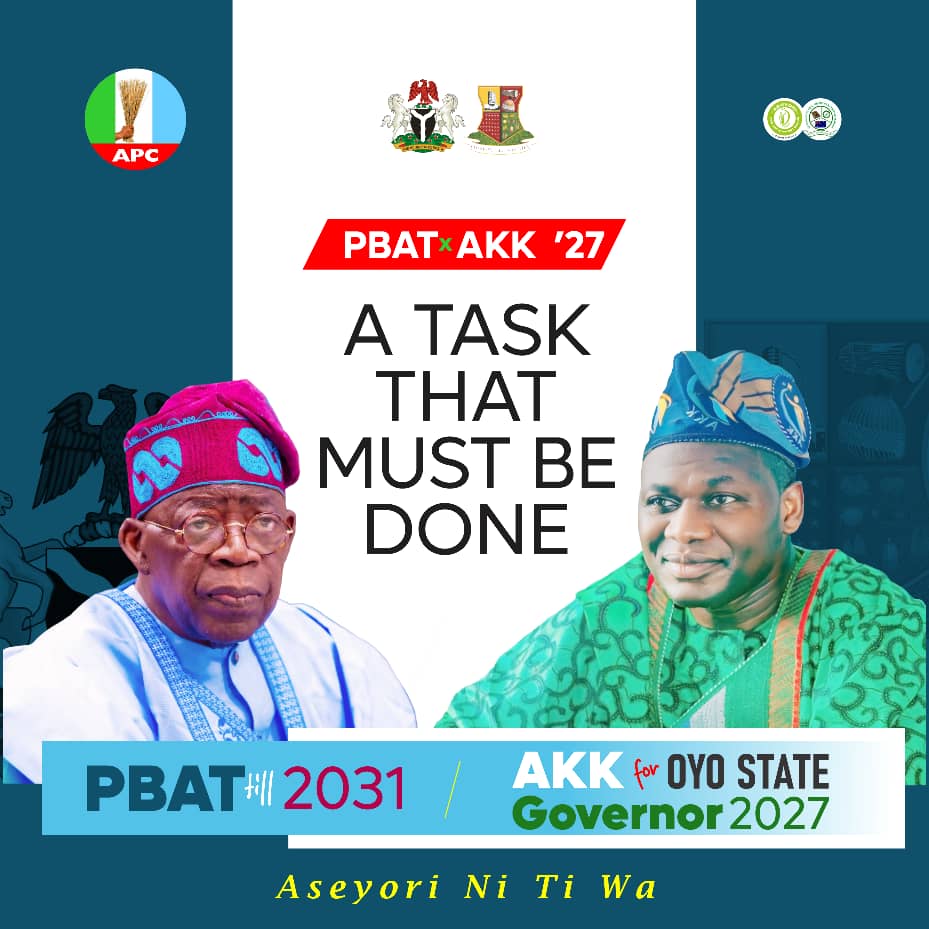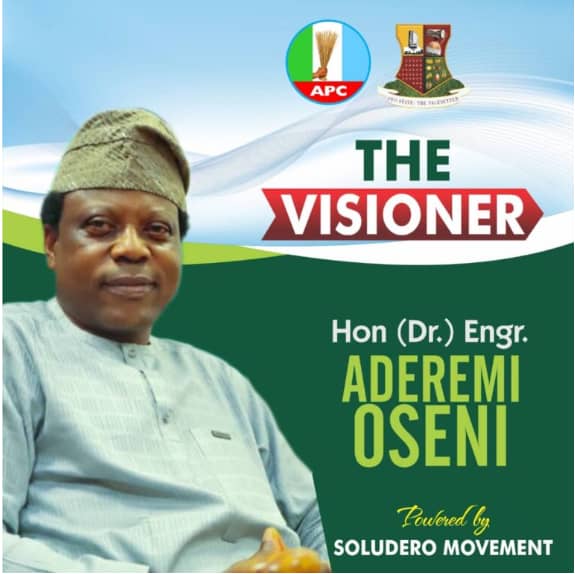
Why Nigeria is not so great
ABOUT 2.5 million people were said to have gathered at the Kaaba Holy Mosque (better known as the haramın) in Mecca, Saudi Arabia for the finale of 2024 Ramadan Umrah. Among them were hundreds of thousands of Nigerians, many of them from the North, who also went on the Umrah. Some of these people went to the Umrah earlier, but absconded following the expiration of their visa, so they might make it to the finale of the Ramadan Umrah. The question begging for answer is: On whose behalf did they go to Umrah? If you think that all the many Nigerians went there for anybody else but themselves, you are most likely to be wrong.
Why this is so is because year-in-year-out, so many Nigerian Muslims go to Saudi Arabia for the Umrah and (above all) the greater Hajj, but the country, Nigeria, remains the worst for it, because not all those who undertake the religious trip include the country in their prayers.

Many Christians from Nigeria also go to Jerusalem for the annual pilgrimage, but still the country does not seem to be the better for it in terms of moving forward. Nigeria always seems to get backward instead of forward because most of those on the religious trip forget (or fail) to pray for Nigeria. They seem only to have one thing in their mind; which is the advancement of their personal interests, not Nigeria’s. Some of them even undertake the trips so that they may remain relevant in the affairs of the country and or have their pockets filled with whatever currency is in vogue.

Of course, not all the travellers to the Holy Lands forget where they come from in their prayers. I saw a video where some fair skinned (clearly non-Nigerians) people performing the DAWAF (going round the Kaaba) praying for the progress of Nigeria, and I am almost sure that they were put into it by some patriotic Nigerian citizens.

A couple of years back, the BBC had a worldwide survey in which it found that Nigeria was allegedly the most religious country in the world.
According to the survey, most people in Nigeria belong to one religion or the other, and even the apostates (irreligious) sometimes invoke God when they are in a tight situation. And recently, it was found out that Nigeria had the most Koranic reciters in the world. With all these tributes, Nigeria is supposed to be up there among the developed nations of the world, but so is not the case. A conclave of self-serving politicians, their business allies and religious leaders seem to hold the nation backward despite its religiosity and ample resources. Only they, their spouses and their children seem to be making progress on these shores, and no one else. A former prisoner, who was forgiven and left the prison with only N20,000 became fabulously rich after eight years as president. A one-time recharge card seller, who later became a close presidential aide, was to become the owner of an airline and many houses in choice addresses around the globe, amassing the wealth after only an eight-year stint in the presidential villa. And a former governor, when asked (at the time) how he was able to pay for the ‘expression of interest’ and the gubernatorial forms, he answered that he did not have the money to pay for the forms.
The forms were paid for by his relatives and friends. But some four years ago, the London Economist (Magazine) put him among the 10 richest politicians in the country with a net worth of over $2 billion. Well, where did all the money come from if the they were just there to serve the country, but not themselves?
The Nigerian religious leaders and the business moguls are no saints either when it comes to raping the country. The religious leaders lead a life of absolute luxury, while most of their followers live in poverty. Some of the religious leaders, even own airplanes while some of their followers try to survive. When told of the miracle cures they perform, not in the hospitals, and asked why it was so, a former African country’s leader allegedly quipped that “in hospitals there are real patients NOT actors”, to show how corrupt some of the religious men can be. The same can be said about the business leaders, some of whom are believed to be fronting for hidden political leaders. This group of people perhaps deliberately refuse to come to terms with the fact that there must be a country and its people before they, or whoever they represent, can become obscenely rich.
Malam Malumfashi writes in from Abuja